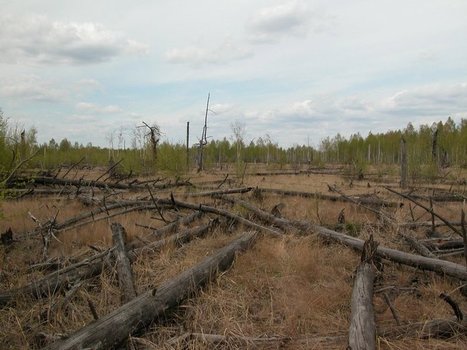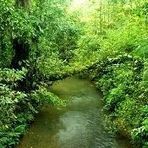Banks and fund managers have funneled billions of dollars into investments aimed at delivering measurable environmental benefits as much as financial returns.
Research and publish the best content.
Get Started for FREE
Sign up with Facebook Sign up with X
I don't have a Facebook or a X account
Already have an account: Login
How might we keep the lights on, water flowing, and natural world vaguely intact? It starts with grabbing innovative ideas/examples to help kick down our limits and inspire a more sustainable world. We implement with rigorous science backed by hard data.
Curated by
PIRatE Lab
 Your new post is loading... Your new post is loading...
 Your new post is loading... Your new post is loading...
|

PIRatE Lab's curator insight,
July 8, 2014 8:13 PM
Its all about trying to transport carbon from the surface down to the sediments down deep in the benthos...although "reversing" climate change is a bit overly optimistic. |














